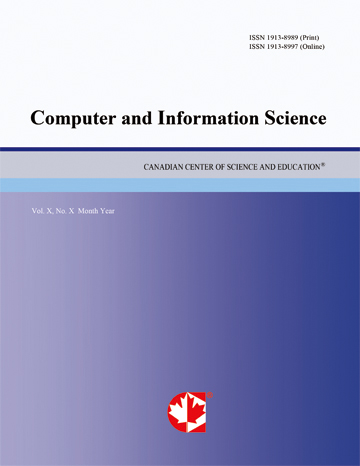Mobile Cloud Computing: Offloading Mobile Processing to the Cloud
- Sanjay P. Ahuja
- Jesus Zambrano
Abstract
The current proliferation of mobile systems, such as smart phones and tablets, has let to their adoption as the primary computing platforms for many users. This trend suggests that designers will continue to aim towards the convergence of functionality on a single mobile device (such as phone + mp3 player + camera + Web browser + GPS + mobile apps + sensors). However, this conjunction penalizes the mobile system both with respect to computational resources such as processor speed, memory consumption, disk capacity, and in weight, size, ergonomics and the component most important to users, battery life. Therefore, energy consumption and response time are major concerns when executing complex algorithms on mobile devices because they require significant resources to solve intricate problems.
Offloading mobile processing is an excellent solution to augment mobile capabilities by migrating computation to powerful infrastructures. Current cloud computing environments for performing complex and data intensive computation remotely are likely to be an excellent solution for offloading computation and data processing from mobile devices restricted by reduced resources. This research uses cloud computing as processing platform for intensive-computation workloads while measuring energy consumption and response times on a Samsung Galaxy S5 Android mobile phone running Android 4.1OS.
- Full Text:
 PDF
PDF
- DOI:10.5539/cis.v9n1p90
Journal Metrics
WJCI (2022): 0.636
Impact Factor 2022 (by WJCI): 0.419
h-index (January 2024): 43
i10-index (January 2024): 193
h5-index (January 2024): N/A
h5-median(January 2024): N/A
( The data was calculated based on Google Scholar Citations. Click Here to Learn More. )
Index
- BASE (Bielefeld Academic Search Engine)
- CNKI Scholar
- CrossRef
- DBLP (2008-2019)
- EuroPub Database
- Excellence in Research for Australia (ERA)
- Genamics JournalSeek
- GETIT@YALE (Yale University Library)
- Google Scholar
- Harvard Library
- Infotrieve
- Mendeley
- Open policy finder
- ResearchGate
- Scilit
- The Keepers Registry
- UCR Library
- WJCI Report
- WorldCat
Contact
- Chris LeeEditorial Assistant
- cis@ccsenet.org
